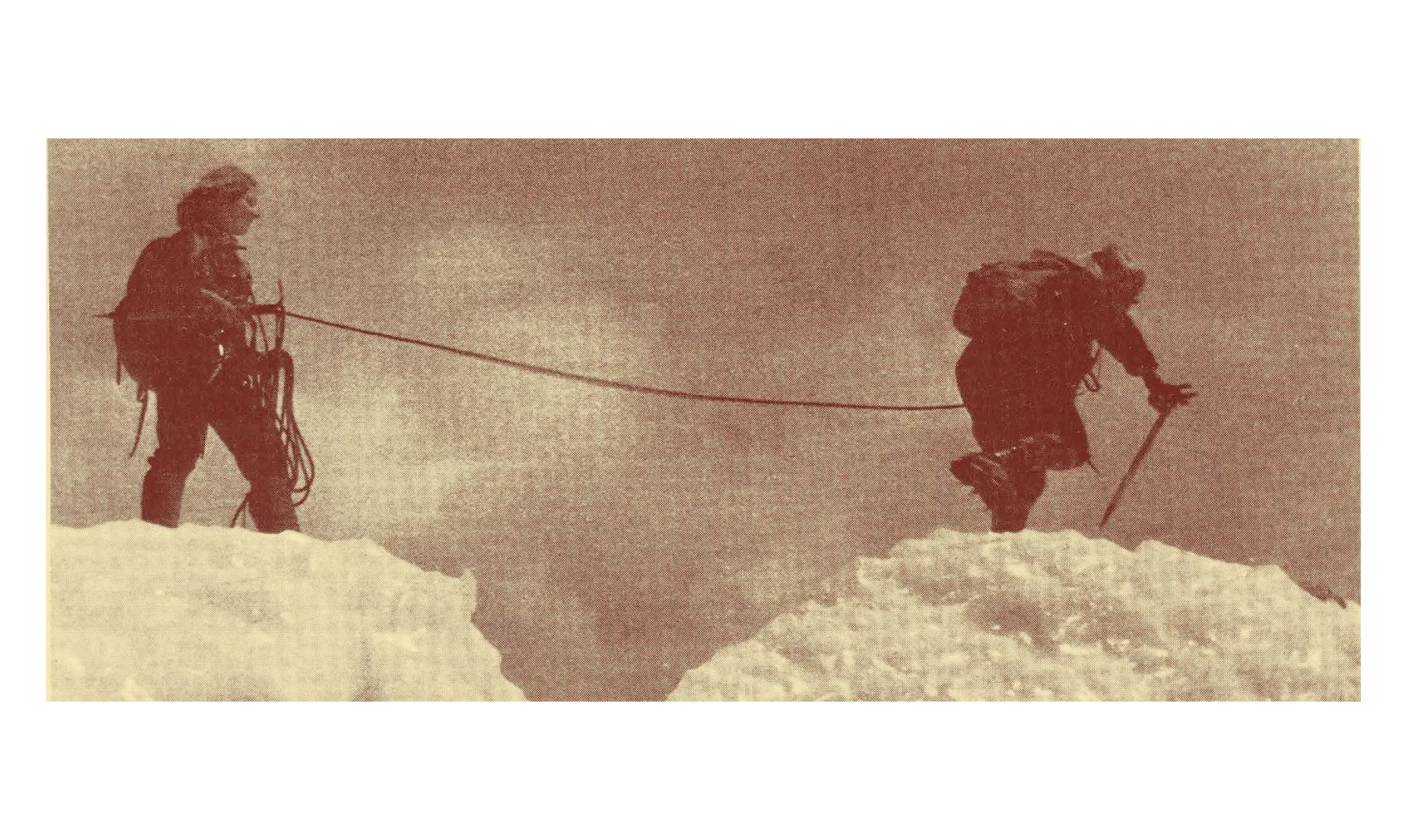
Alpenwort
- Hosting organisations
- Uni Innsbruck - Sprachwissenschaft
- Responsible persons
- Claudia Posch and Gerhard Rampl
- Start
- End
In the project Alpenwort. Korpus der Zeitschrift des Deutschen und Österreichischen Alpenvereins the almanac of the Austrian alpine club 1872 – 1998 (Zeitschrift des Deutschen und Österreichischen Alpenvereins ZAV) will be digitized and annotated. The ZAV is a very important source especially in Austria, which shares, by area, the biggest part of the Alpine arc. In its first decades the magazine contributions reflect the ongoing touristic and cartographic exploration of the Alps and the economic and scientific discoveries involved. During the 20th century perspectives expanded to the mountains of the world. Globally relevant topics such as environment and nature protection are discussed as well as questions of regional identity and cultural heritage. The main goal of the project is to make this unique source accessible for the scientific community enhanced by exhaustive linguistic annotation conformant with CLARIN-DARIAH standards. The processed data will be valuable for variety of research fields, such as for (computer)linguists, historians, geographers, ecologists and last but not least the OeAV, which actively supports and endorses this project. The project will adhere to the following workflow: extracting the logical structure of the sources and storing them in TEI-conformant formats, correcting structural elements, enhance OCR (esp. for gothic script), tokenizing, sentence boundary disambiguation, Parts-Of-Speech tagging and Named Entity Recognition. It is our aim to swiftly publish the linguistically annotated corpus in corpus_shell (at the ACDH). Versioning will ensure visible results in yet an early project-stage and guarantee that improvements and corrections made during the above processes are continually integrated. Innovations can be expected on a technical and scientific level. Technically especially innovative are the process of OCR-enhancement, which will be carried out by project partner DEA (Innsbruck), as well as enhancements in NER and the integration of names into large-scale ontologies.